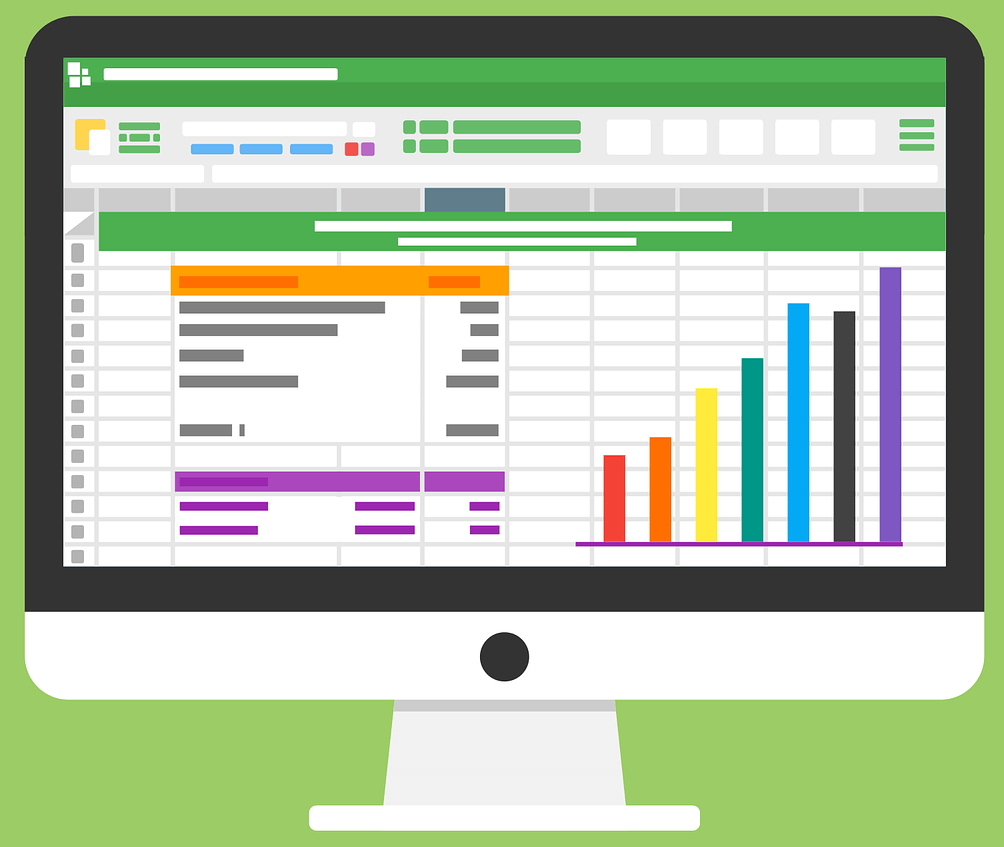


The world of corporate travel is changing at a rapid face. Not only are there regular developments being made with respect to the core policies and operational changes in business travel, but technology is also constantly shaping how organizations going about corporate travel. A large transformation in digitizing the travel and expense reimbursement process is analytics.
Analytics is defined as the systematic computational analysis of data and statistics, and the processing of this derived data to gather meaningful conclusions. If we look at the fundamental problems associated with travel and expense management, it is the sheer expenditure of travel and entertainment that comes to mind. Apart from this, other issues such as lack of visibility of expenses, no-real time reporting of expenses and constant budget overflow continue to persist.
Travel and entertainment accounts for the second largest expenditure in organizations after payroll. Even a reduction as small as 5% can go a long way in helping an organization be profitable. In some cases, an expenditure of 5% in the domain of travel and expense can be equivalent to an increase in sales up to 30%. Monitoring expenses to this extent is not feasible manually, and if done in this way, can lead to the wastage of a large amount of valuable man hours.
Analytics in Travel and Expense Management has gone a long way in creating an avenue for corporates to monitor and keep a tight grip on travel expenditures. This is how a powerful analytical tool can be of use.
To know more about Travel and Expense tools, you can go to our website www.easemyexpense.com and download our White Paper publications. To know what EaseMyExpense can do for you, download our ROI Calculator.